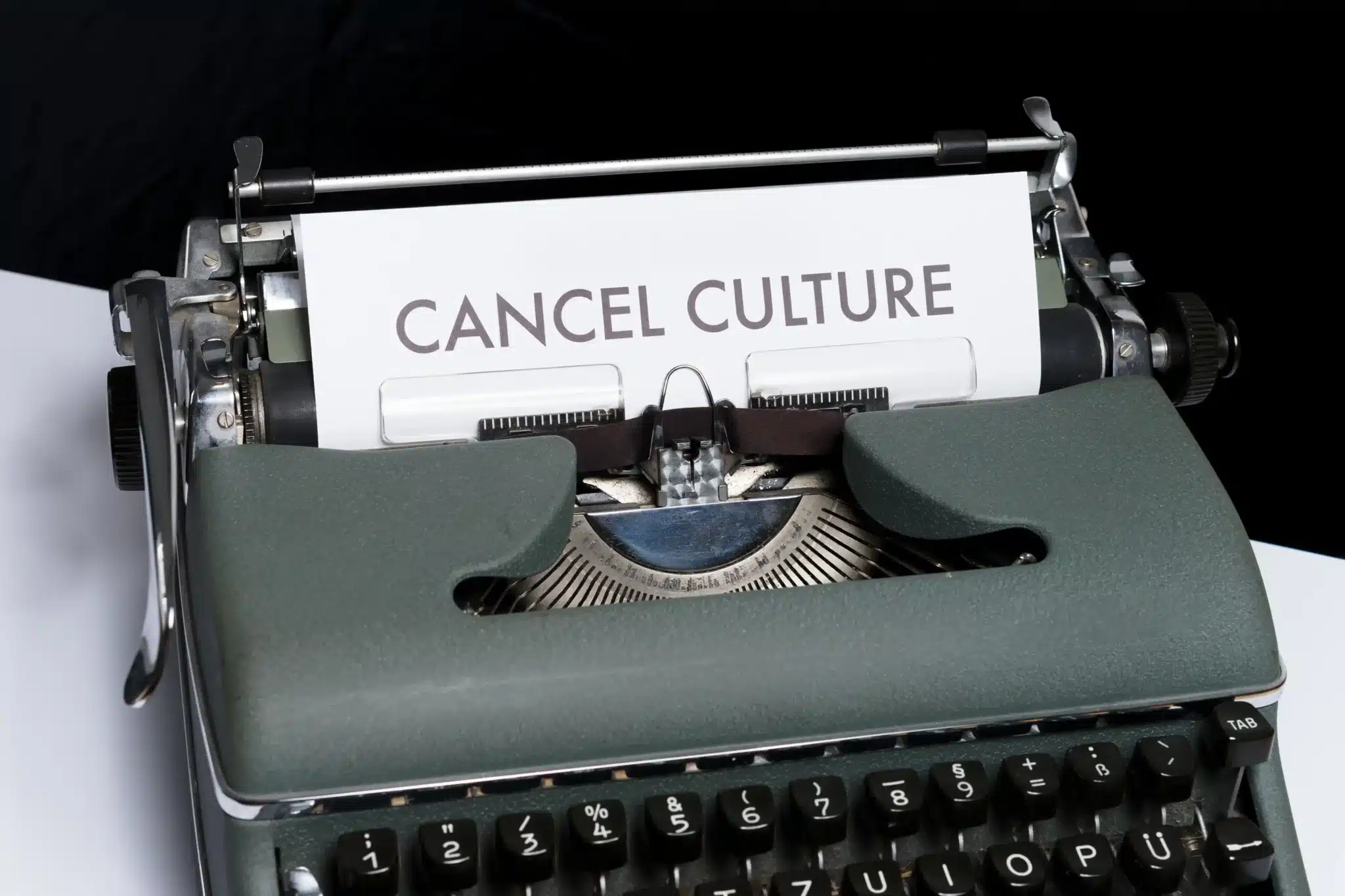Cancel culture isn’t something new to add to your vocabulary. After its surge on social media in 2016, “cancel culture” was well on its way to becoming a household term by 2021. Following several incidents resulting in celebrities being “cancelled”, cancel culture has become a mainstream culture, and like anything that becomes mainstream, people have their doubts about whether cancel culture is something we need.
What is cancel culture
Cancel culture refers to the mass cancellation of someone who the majority sees as offensive. Cancel culture is a form of ostracism, and despite many people siding with this culture, not everyone is happy with it. Ostracism includes excluding someone entirely from a social or professional circle. However, the idea of completely excluding someone for a mistake does not rest comfortably with some people.
Why cancel culture is needed
Yes, cancel culture puts people out of work, it ruins their reputation and might even blacklist them in the eyes of the public, but people need to be held responsible for their actions. Celebrities are humans as well, and if there aren’t consequences for their actions, aren’t we creating a hierarchy of social class simply based on status and popularity?
Perhaps that is why cancel culture is needed the most. It shows that the general public has a say in what celebrities do. Cancel culture humanises celebrities, perhaps not in the best way possible, but it still humanises them.

Celebrities that have been a victim of “cancel culture”
After leaked images portrayed The Social Network actor Armie Hammer as an apparent fetishist for rape, sadism and cannibalism, social media users were quick to begin “cancelling” Hammer. While Quintin Tarantino wasn’t cancelled for his “innocent” widely-known foot fetish, Hammer was quickly cancelled.
During the #FreeBritney debacle, Britney Spears’s documentary, Framing Britney Spears was quick to release insight into the manipulative relationship her former boyfriend Justin Timberlake had with her. Despite it being almost 20 years ago, Britney fans were not happy with this information and cancelled Justin Timberlake.
Who can forget the J. K. Rowling fiasco? After the beloved author of the Harry Potter series released a transphobic tweet, which resulted in her cancellation, Rowling was not present at the 20th Harry Potter anniversary.
Does cancel culture hold its promise?
In the heat of the moment, it’s almost easy to start a hashtag to cancel someone. However, does it hold onto its promise?
Is cancel culture only for some and not for others? Let’s admit it, even among celebrities, there’s a hierarchy. Should this hierarchy be a deciding factor in cancel culture?
Hollywood A-lister Kevin Spacey was cancelled for sexual misconduct in 2017. However, Spacey was seen acting in the 2021 movie The Man Who Drew God. This begs to raise the question, is cancel culture valid?
Another A-lister, The Patriot actor Mel Gibson was cancelled for homophobic and anti-Semitic remarks long ago. However, sources show that Gibson has several upcoming projects. This of course makes one wonder if the hassle of cancelling Gibson was even
worth it in the end.
Gibson’s case also raises another important question. Gibson is a beloved actor of the 1990s. Cancel culture has been shown to be more popular among the younger generation. The generation that grew up watching Gibson’s movies was of a different time. A time when homophobia and anti-Semitism weren’t regarded as extremely offensive. Perhaps this is an example of why Mel Gibson still remains an A-lister.
How does the generation gap make cancel culture an obstruction for the rise of upcoming celebrities?
Everyone knows that things were different back in the day. People weren’t offended by racism, homophobia and sexual misconduct. This resulted in the creation of a generation that thought it was accepted to be racist and homophobic. Looking back, this behaviour wasn’t applause-worthy as they thought it was.
However, like pop culture tends to do, celebrities back in the day were fast to pick up on racism and homophobia and even make careers out of it. Comedians used racism to advance in their careers. Actors used homophobia to quell other actors.
This doesn’t have to date back to the 1990s however. Looking at the early 2000s, we can see several celebrities being racist and homophobic openly without any consequences whatsoever. Almost all of them were never called out for it.
Moving to the 2010s, where cancel culture began to form, celebrities began to become more aware of their social media presence and careful of what they say and do. When compared with the early 2000s, celebrities have become more careful of what information they release about themselves to the public.
As said before, many celebrities used the absence of a cancel culture to rise in their careers. However, cancel culture is a prevailing matter now, and celebrities can no longer bend it to their will.
It must be noted, however, that cancel culture is a good thing. Not allowing celebrities, who are undoubtedly the greatest influencers of the general public, to be offensive is perhaps the best step we as humanity have taken towards reducing disparities among humans.


